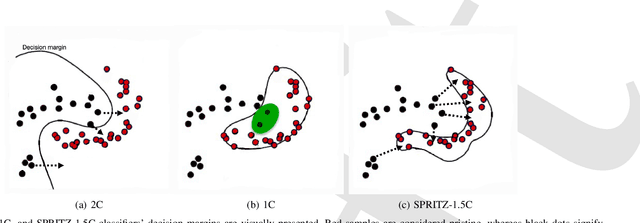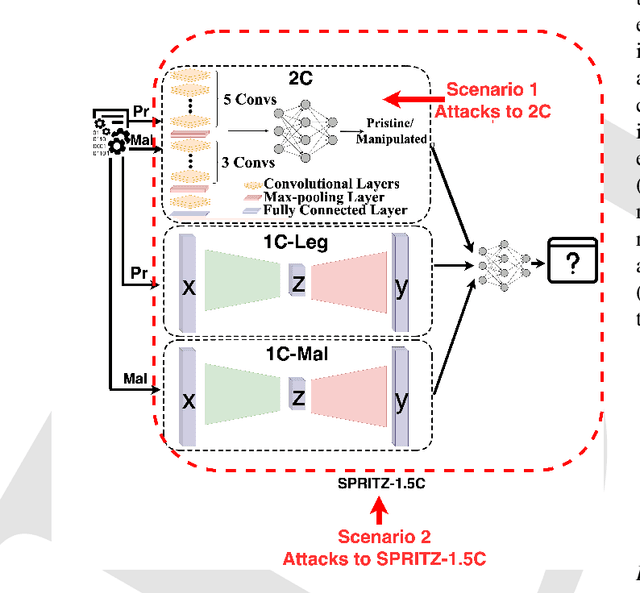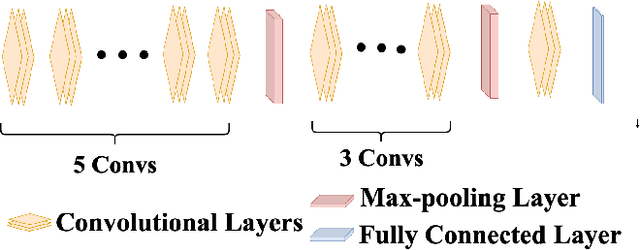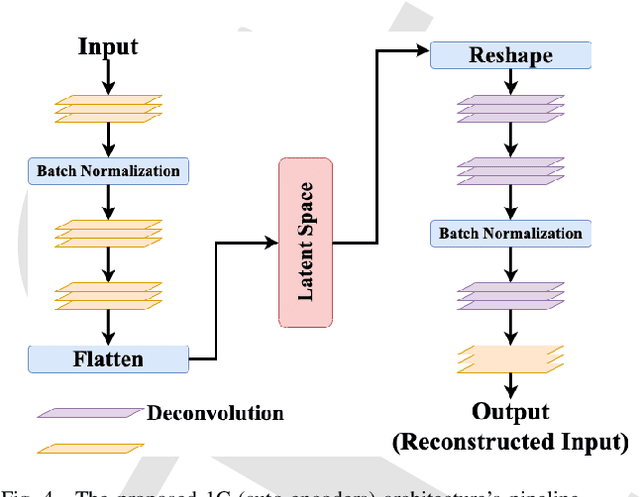Erkay Savas
MCMC for Bayesian estimation of Differential Privacy from Membership Inference Attacks
Apr 23, 2025Abstract:We propose a new framework for Bayesian estimation of differential privacy, incorporating evidence from multiple membership inference attacks (MIA). Bayesian estimation is carried out via a Markov chain Monte Carlo (MCMC) algorithm, named MCMC-DP-Est, which provides an estimate of the full posterior distribution of the privacy parameter (e.g., instead of just credible intervals). Critically, the proposed method does not assume that privacy auditing is performed with the most powerful attack on the worst-case (dataset, challenge point) pair, which is typically unrealistic. Instead, MCMC-DP-Est jointly estimates the strengths of MIAs used and the privacy of the training algorithm, yielding a more cautious privacy analysis. We also present an economical way to generate measurements for the performance of an MIA that is to be used by the MCMC method to estimate privacy. We present the use of the methods with numerical examples with both artificial and real data.
SPRITZ-1.5C: Employing Deep Ensemble Learning for Improving the Security of Computer Networks against Adversarial Attacks
Sep 25, 2022



Abstract:In the past few years, Convolutional Neural Networks (CNN) have demonstrated promising performance in various real-world cybersecurity applications, such as network and multimedia security. However, the underlying fragility of CNN structures poses major security problems, making them inappropriate for use in security-oriented applications including such computer networks. Protecting these architectures from adversarial attacks necessitates using security-wise architectures that are challenging to attack. In this study, we present a novel architecture based on an ensemble classifier that combines the enhanced security of 1-Class classification (known as 1C) with the high performance of conventional 2-Class classification (known as 2C) in the absence of attacks.Our architecture is referred to as the 1.5-Class (SPRITZ-1.5C) classifier and constructed using a final dense classifier, one 2C classifier (i.e., CNNs), and two parallel 1C classifiers (i.e., auto-encoders). In our experiments, we evaluated the robustness of our proposed architecture by considering eight possible adversarial attacks in various scenarios. We performed these attacks on the 2C and SPRITZ-1.5C architectures separately. The experimental results of our study showed that the Attack Success Rate (ASR) of the I-FGSM attack against a 2C classifier trained with the N-BaIoT dataset is 0.9900. In contrast, the ASR is 0.0000 for the SPRITZ-1.5C classifier.
 Add to Chrome
Add to Chrome Add to Firefox
Add to Firefox Add to Edge
Add to Edge